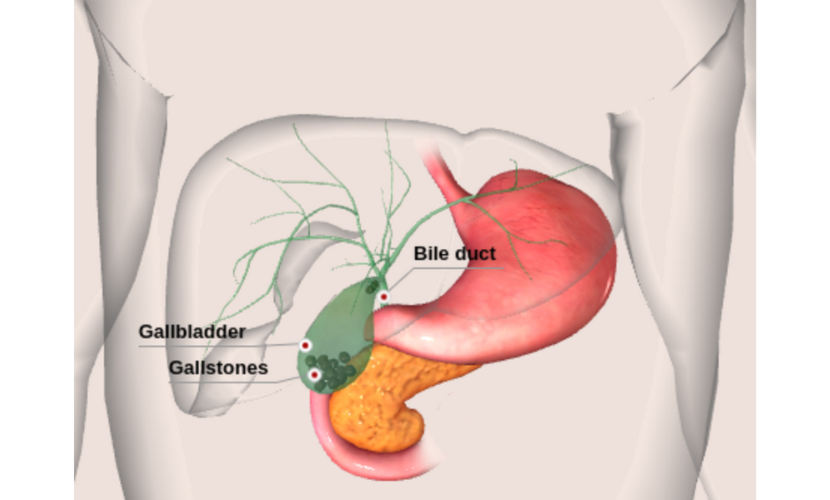
BEST LIVER SPECIALIST IN DUBAI
GallStone Disease
What are Gallstones?
Gallstones are little marble like deposits that develop inside the gallbladder which is a small, balloon like organ located on the right side of your upper abdomen. The gallbladder stores and releases bile, a liquid which helps in digestion. Cirrhosis is often considered to be a form of liver disease and may be the only liver-related condition that many people have heard of. In fact, cirrhosis is a condition that results from permanent damage or scarring of the liver. It is the end stage of many different forms of liver disease and is known to cause a number of other health problems, including variceal bleeding, ascites and hepatic encephalopathy.

Many types of liver disease still have unknown causes but the most frequent liver diseases are generally caused by one of the following factors:
What are the risk factors for developing gallstones?
Gallstones vary in size from a grain of sand to the size of a golf ball. Some individuals only create one gallstone, while others simultaneously develop many gallstones. Some people are more likely than others to get gallstones. The risk increases with age. The risk is also higher in people who take cholesterol-lowering drugs and who have a family history of gallstones. Women are at higher risk than men, and the risk increases if they’re pregnant, taking birth control pills, or using hormone replacement therapy.
Other risk factors are:
- Being overweight
- Excessive consumption of alcohol
- Prolonged fasting and rapid weight loss, such as from crash diets
What are the problems associated with gallstones?
- Pain in the abdomen (cholecystitis)
- Jaundice
- Symptoms similar to acidity,
- Acute pancreatitis (which can be serious sometimes)
- Fever
- Sepsis
- In some cases, gallstones may be associated with gallbladder cancer
How can gallstones be treated?
Most of the time, unless they cause problem to you, you won’t need treatment for gallstones. But if gall stones has been detected it is getter to see a specialist to decide whether you need surgery or not.
If you need treatment then your gallbladder needs to be removed by surgery. A laparoscopic gallstone removal surgery (key-hole surgery) or open surgery can be opted for.
After removal of the gallbladder most of the people may not notice any change in their daily life. Some people may notice change in their bowel habit with loose stool.
How can I prevent formation of gallstones?
To reduce your risk of developing gallstones, maintain a normal body weight, exercise regularly, and eat three well-balanced meals every day. Eat plenty of foods containing fibre and avoid alcohol and foods high in saturated fat.
If you’re overweight, reduce your weight, but don’t try to lose weight too fast. Your healthcare provider can help you come up with a plan for healthy weight loss.
